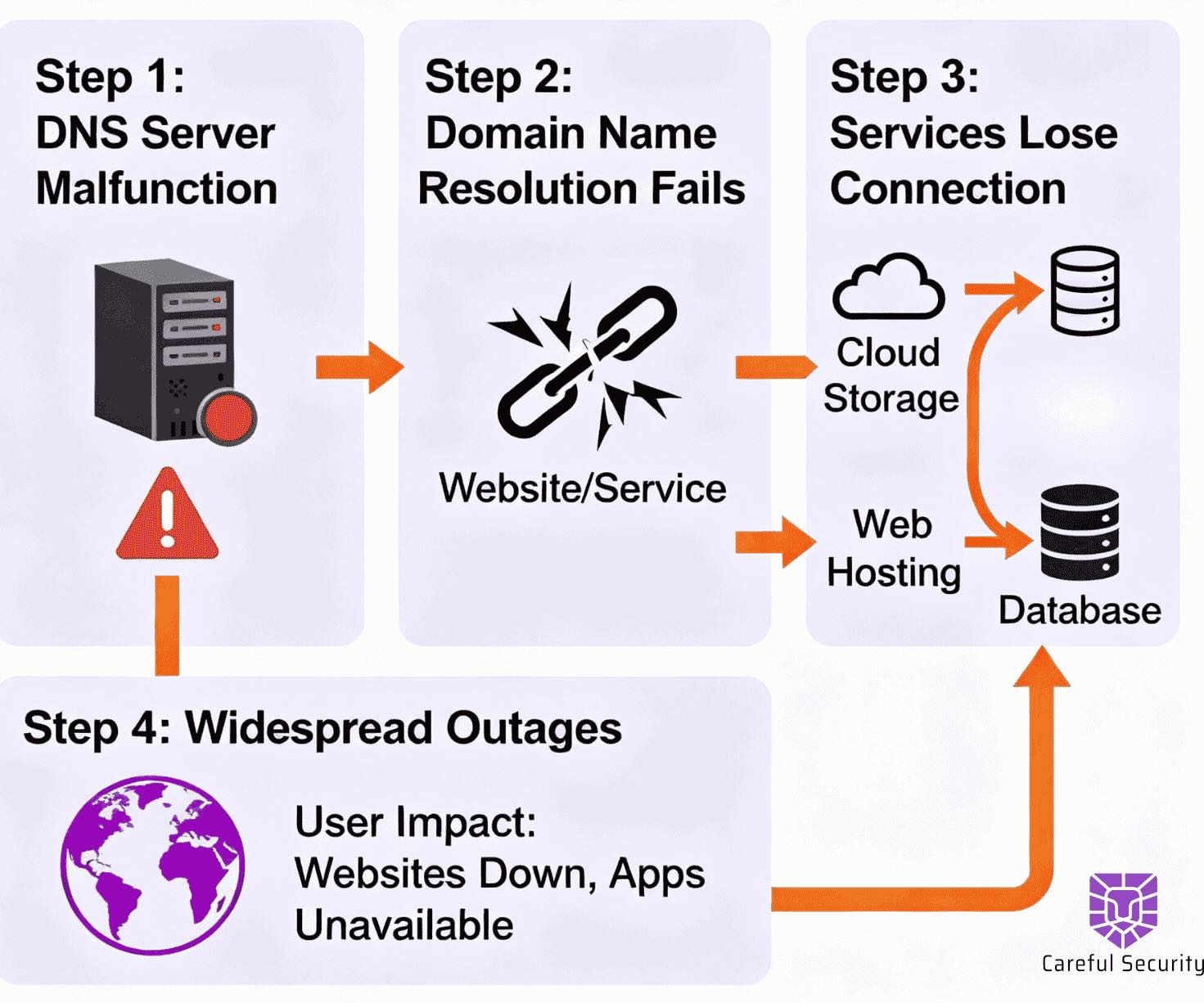Turning Your Team into Cyber Defenders

The Human Element in Cybersecurity
As any seasoned cybersecurity pro will tell you, the strongest firewalls in the world won’t help if Bob in accounting clicks a bad link or uses “password123” for the company bank account (and perhaps helpfully sticks it on a Post-It under his keyboard). Cybersecurity isn’t just a tech problem, it’s a people problem. That’s where the term “human firewall” comes in. It means your employees, from the intern to the CEO, are often the last line of defense against cyber threats. With the right mindset and training, your team can become an army of cyber defenders. Without it? Well, one mistake and even the fanciest security software crumbles like a sandcastle at high tide.
Don’t just take my word for it. Data backs this up. According to Verizon’s research, 74% of breaches involve the human element, things like staff errors, stolen credentials, or social engineering scams. In plain English, three out of four times, a hacker gets in because someone on the inside goofed up. Maybe someone clicked “Approve” on a fake payment request, or reused the same password on a sketchy website that they use at work. I’ve seen it all in my 50-year career: a global corporation spent millions on shiny new security tools, only to be hacked because an employee fell for a bogus email from “IT support” asking for her login. Ouch.
Training People Into Cyber Defenders
The good news: humans can be trained and empowered to be your greatest asset in security. Start by building a culture where security is everyone’s responsibility, not just the IT guy’s job. That means regular training sessions that aren’t sleep-inducing PowerPoints. Spice it up with real-world examples (trust me, I have plenty of war stories). Show your staff how a simple action like plugging in an unknown USB drive or ignoring that software update can lead to disaster. When people understand why security policies exist (not just “because the manual says so”), they’re far more likely to follow them.
Also, encourage a no-blame reporting environment. If an employee clicks on a phishing email, you want them to feel safe reporting it immediately, not terrified that they’ll get fired. I’ve advised Fortune 10 companies where this approach saved the day: one staffer promptly confessed, “Uh, I think I messed up,” and the IT team sprang into action to contain the incident. Quick admission and response can turn a potential breach into a minor blip.
Celebrate Your Human Firewall
Lastly, celebrate your human firewall! Share stories of attacks that were thwarted because Jane in HR spotted something and spoke up. Reward departments that complete security training or phishing drills successfully. People love recognition (maybe not as much as pizza parties, but close). With time, you’ll find cyber awareness becoming second nature in your company’s DNA.
Remember, hackers often find it easier to trick a human than to hack a machine, but if all your humans are vigilant, it’s the hackers who will be left scratching their heads. In cybersecurity, a well-informed employee is just as critical as a well-configured firewall and often a lot less predictable for the bad guys.
Cybersecurity Leadership for Your Business
Get started with a free security assessment today.
.avif)
.avif)




.svg)
.svg)
.svg)